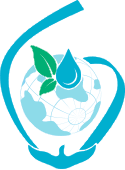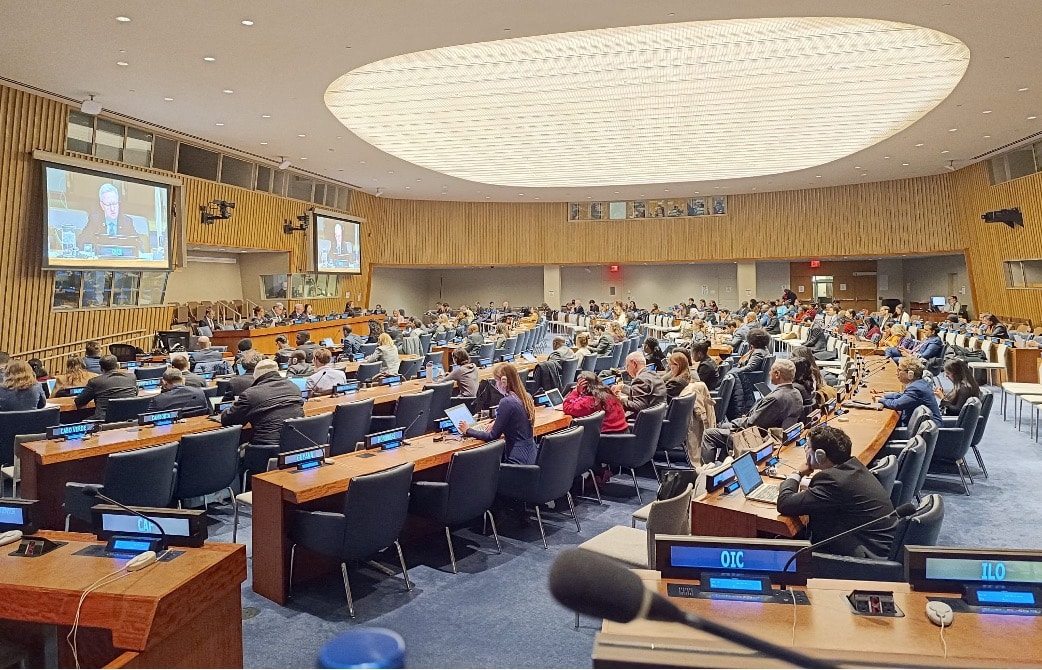The 63rd Commission for Social Development (CSoCD 63) took place from February 10–14, 2025, at the United Nations headquarters in New York. This year’s theme focused on “Strengthening Solidarity, Social Inclusion, and Social Cohesion” to accelerate progress on the commitments outlined in the Copenhagen Declaration on Social Development, the Program of Action from the World Summit for Social Development, and the 2030 Agenda for Sustainable Development.
Many religious organizations participated through the NGO Committee for Social Development, which plays a key role in advocating for the forum’s priority themes while ensuring that grassroots perspective and recommendations are heard on the global stage.
The 2025 theme emphasized amplifying voices from local communities and fostering intergenerational collaboration to tackle social development challenges. The event featured a diverse lineup of speakers, including grassroots activists, youth representatives, and experts in intergenerational commitment. A strong focus was placed on regional inclusivity and representation of underrepresented groups, reinforcing the importance of inclusive approaches to social development.
Looking ahead, the forum explored how civil society can play a more active role in shaping global social development efforts, particularly in preparation for the Second World Social Summit set to take place in Qatar in November 2025. Discussions centered on solution-oriented strategies to ensure effective engagement in future social development initiatives.The Society of the Sacred Heart had an active presence at the forum, represented by Margaret Mwarili, the UN-NGO representative, Apolline Bouts, an intern who is an alumna from France, as well as seven students and a staff member from Convent of the Sacred Heart-Greenwich USA.
Margaret Mwarili rscj
————————————————————————————-
My First Experience at the United Nations

One of the most eye-opening aspects was discovering the role of Civil Society, particularly through the Civil Society Forum. I had never studied civil society’s role and impact on the UN before, but I quickly realized how essential these organizations are in bringing grassroots voices and practical solutions to global discussions.
This week also reminded me how important it is to stay engaged as a young person. Attending the Swiss Permanent Mission’s breakfast for made me realize that, even at the start of my career, my voice matters. Connecting with other young professionals showed me that our shared perspectives can contribute meaningfully to international discussions.
A major challenge came when I was asked to interpret from English and Spanish to French during the Civil Society Forum. With no prior experience and only a brief training session with a professional interpreter, I found myself in a booth for three hours, translating every word in real-time. It was an intense but invaluable lesson in conciseness, quick thinking, and autonomy. It also gave me insight into another crucial aspect of UN operations—the people who work behind the scenes.
Hearing firsthand testimonies from states, NGOs, and grassroots communities deepened my understanding of how UN decisions impact the real world—and where gaps still exist. Observing the final resolution debates during the closing ceremony was particularly insightful, revealing the complexity of multilateral negotiations.
Walking into a room filled with senior UN officials, government representatives, ambassadors, and ministers was undeniably intimidating. However, being part of the commission made international politics feel more accessible. This experience reaffirmed my belief that everyone should be able to attend a UN session or conference. Increasing accessibility is key to making global governance more democratic.As a young person, seeing that so many people are committed to social development gives hope for the future.
Apolline Bouts




